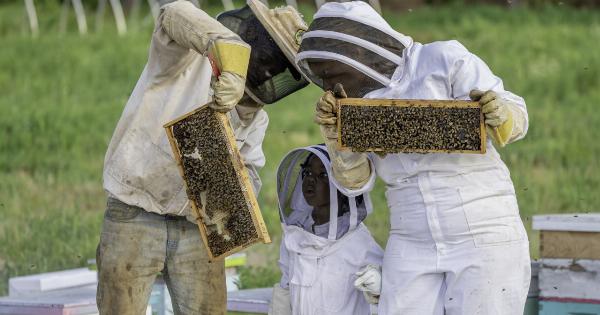Sex education is a crucial part of a child’s growth and development. It helps them understand their bodies and the changes that come with puberty. Sex education also helps them make informed decisions about their sexual health and relationships.
However, parents often struggle with the question of when is the right time to start teaching kids about sex. In this article, we will explore when it is appropriate to start teaching kids about sex.
What is Sex Education?
Sex education is a way of teaching children about human sexuality. The term covers a wide range of subjects, including anatomy, contraception, sexually transmitted diseases, healthy relationships, and sexual orientation.
Sex education can be taught in schools or at home, and it can be provided by parents, teachers, or healthcare professionals.
Why is Sex Education Important?
Sex education is essential for a child’s mental and physical health. It provides them with the knowledge to make informed decisions about their sexual health and relationships.
Sex education can also help prevent unintended pregnancies and sexually transmitted diseases. Additionally, sex education promotes healthy relationships and can help prevent sexual violence.
When is it Appropriate to Start Teaching Kids about Sex?
There is no one-size-fits-all answer to this question. It ultimately depends on the child’s maturity level, their curiosity about sex, and their exposure to sexual content.
However, many experts agree that it is best to start talking to kids about sex at an early age.
The Benefits of Starting Early
Starting sex education early can help children feel more comfortable and confident about their bodies. It can also help them develop a healthy attitude towards sex and relationships.
By starting early, parents can lay the foundation for open communication about sexual health and relationships.
How to Start Teaching Kids about Sex
The best way to start is by having an open and honest conversation with your child. Begin by asking what they already know about sex. Answer their questions truthfully and in a way that they can understand.
Use age-appropriate language and be prepared to have ongoing conversations as their understanding grows.
What to Teach at Different Ages
Preschool
At this age, parents can start teaching kids the correct names for their body parts. They can also explain the differences between boys and girls and how babies are made.
Elementary School
As children enter elementary school, parents can begin teaching them about puberty and the physical changes that come with it. They can also introduce the concept of sexual orientation and discuss respecting others’ differences and boundaries.
Middle School
In middle school, sex education should become more comprehensive. Parents can discuss contraception, sexually transmitted diseases, and healthy relationships. They can also talk about consent and sexual violence.
High School
By high school, most children have received some form of sex education. However, parents can still provide information on topics like birth control, healthy sexual relationships, and how to avoid sexually transmitted diseases.
Additionally, parents can discuss the emotional aspects of sexual relationships, such as love and intimacy.
The Role of Schools in Sex Education
It is the responsibility of schools to provide comprehensive sex education that is age-appropriate and based on scientific evidence. Most schools offer sex education classes, but parents should also supplement this with their own discussions at home.
Conclusion
Sex education is an important part of a child’s development. It helps them make informed decisions about their sexual health and relationships.
While there is no one-size-fits-all answer to when it is appropriate to start teaching kids about sex, it is best to start early and have ongoing conversations. Parents should use age-appropriate language and be prepared to answer questions truthfully. Schools also play a role in providing comprehensive sex education that is based on scientific evidence.




























